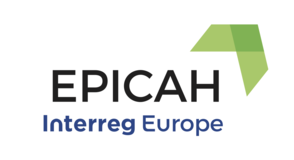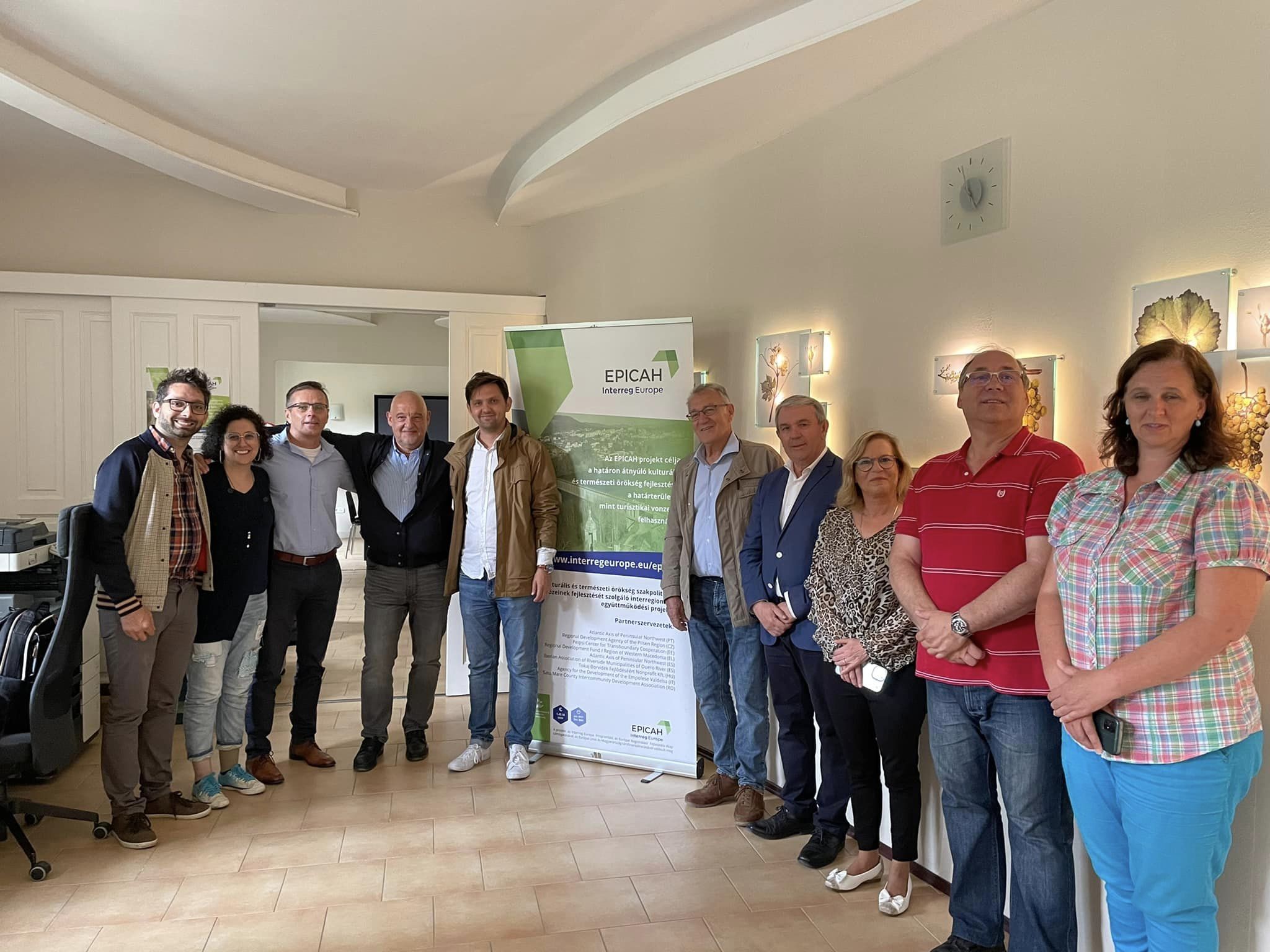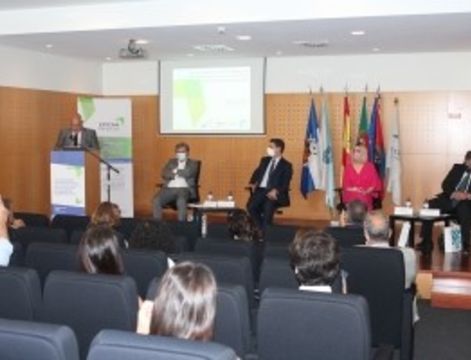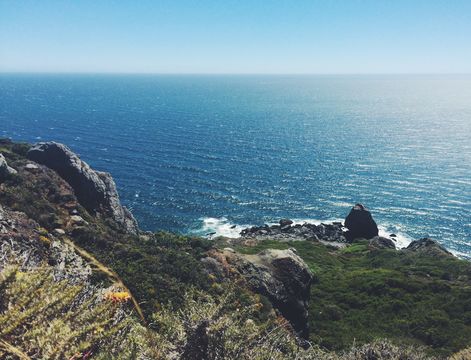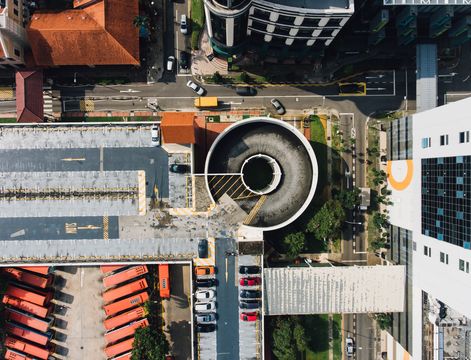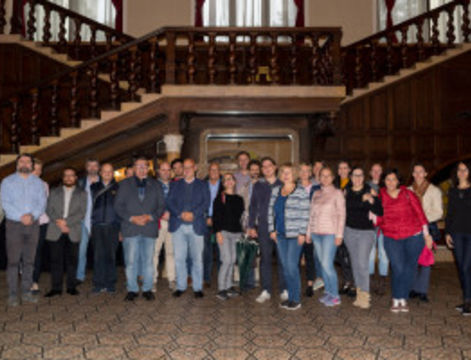Held in Maia, a product of the EPICAH project, financed by Interreg Europe, the seminar organised by Eixo Atlántico focused on the role of tourism as a key sector and opportunity for economic recovery and population fixation in the territory and, therefore, the desirability of being considered a priority for the next Spain-Portugal cross-border cooperation programme.
As many of the speakers stated, the seminar organised by Eixo Atlántico was not just another event but a broad and shared debate on one of the best cross-border cooperation programmes in Europe. A debate that, moreover, came in a context of recovery and the intention to enhance the value of the border.
Tourism is a sector that has been hit hard by COVID. It is a driving sector of the economy that needs to be re-launched in the next period 21-27. In this context, the next POCTEP should be an essential instrument to promote harmonious economic, social and territorial development between Spain and Portugal, and in particular the border territory that both share. Because cooperation is based on the territories, the reduction of local asymmetries but, above all, on improving the welfare of citizens. That is why the POCTEP, which is the most important tool available to the border for its revitalisation, should focus on deepening cultural proximity and strengthening the important natural heritage that exists in its territory.
The seminar had a strong analytical component on how the POCTEP currently in force has supported and continues to support tourism and all the sectors linked to it. But it also had the opportunity to look to the future, to POCTEP 21-27, which will focus on achieving a greener, more social and closer to citizens territory.
Times have changed. The economic crisis and the pandemic have been changing the scenario in which we must act. The time for talking about cross-border cooperation has passed. Now it is time to talk about joint local development, specialisation of organisations and how to ensure that all types of entities can contribute, in a complementary way, to building the territory.
POCTEP is one of the most advanced cooperation programmes, now the question is how to take a step forward. How to move from strategy to concrete products and how to capitalise and make the most of all the investment, resources and effort made so far. For this reason, one of the main messages launched is that it must be necessary to guarantee, in the next period, the existence of prior strategies that support the proposed actions. Strategies, on the other hand, should be shared by the whole territory, considering it as a whole, and not just two halves; promoting the border territory as a single, stronger, more attractive and competitive offer.
As pointed out at the closing table of the seminar: "crises enhance opportunities". This is why we must see tourism as a sector of peace, capable of making all the actors involved in it work together, capable of aligning positions, of fixing the population and of giving visibility and new opportunities to the territory. With this in mind, it is time to get down to work so that the declared intention of promoting sustainable tourism, nature tourism, tourism based on cultural heritage and local tourism, does not remain just in the discourse.
Tourism brings the border closer to our territories. It is necessary to build a joint branding that underpins a strong tourism offer in the border territory. It is time to give a narrative to the multitude of heritage and cultural resources that exist in the territory so that routes and products can be created and promoted jointly.
Working together in a coordinated and united manner is the key to the development of both tourism and the future POCTEP.
